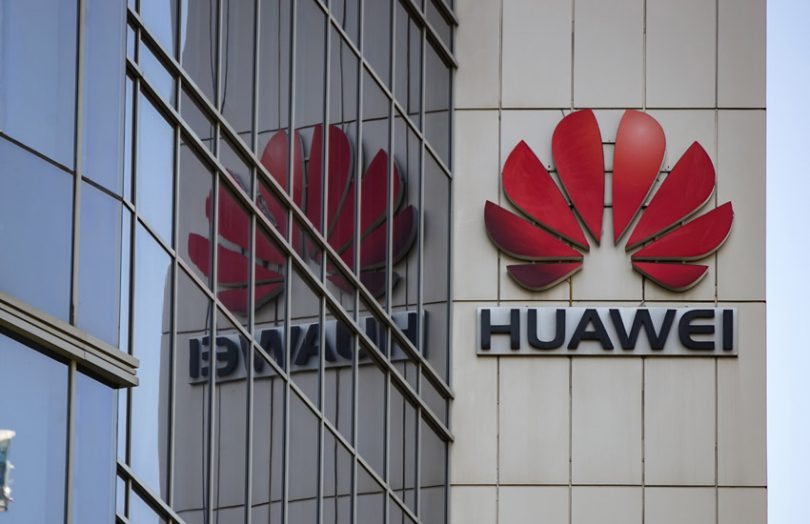In an interview with China’s Chain News, Zhang Xiaojun, Huawei’s Chief Strategy Officer for blockchain, talked about blockchain and the digital yuan and made a comment that some in the West might find surprising.
“Now no one asks what a blockchain is or whether or not a blockchain is needed,” he said. “The general consensus is that a blockchain is necessary, and more attention is paid to specific issues such as blockchain scenarios, technology, and business models.”
Nonetheless, he believes that blockchain has not yet reached maturity. From a Chinese perspective, internet maturity only started after the mobile internet took hold in 2005. Zhang sees blockchain as on the “eve of prosperity” and equivalent to 2003 or 2004.
Given China’s anathema for cryptocurrencies, Huawei only supports permissioned enterprise blockchains. Huawei first launched its Blockchain Service (BCS) in 2018 as an adapted version of Hyperledger Fabric. More recently, it also launched its own Huawei Chain, which uses trusted execution environments (TEE) for consensus. TEEs encrypt data and hide the functionality, enhancing confidentiality. Huawei also claims it can process as many as 50,000 transactions per second and can support 10,000 nodes.
Unsurprisingly, when asked whether the number of different blockchain technologies will decline, Zhang believes it will. And those that provide high security, high scalability, high concurrency and deep integration will win. These are all features that Hauwei Chain claims to have. While he thinks the number of base technologies will reduce, he envisages the applications continuing to grow significantly.
Zhang also emphasized the need to integrate with other technologies such as IoT to ensure that the data stored on the blockchain is not fake. Nowadays, blockchain interoperability is paramount, and Huawei provides a service for that as well.
Turning to China’s central bank digital currency (CBDC), the digital yuan or RMB, the Huawei executive sees the primary benefits for enterprise as programmable money using smart contracts. And he believes this opens up new applications for businesses.
Meanwhile, China’s Blockchain-based Service Network (BSN) offers smaller businesses the ability to access multiple blockchain technologies at an affordable cost. The Chinese version of the network hosts several types of enterprise blockchains, including Fabric, Quorum, and homegrown blockchains FISCO BCOS, Baidu’s XuperChain and CITA. It has plans to support others such as JD Chain from the giant retailer and R3’s Corda.






